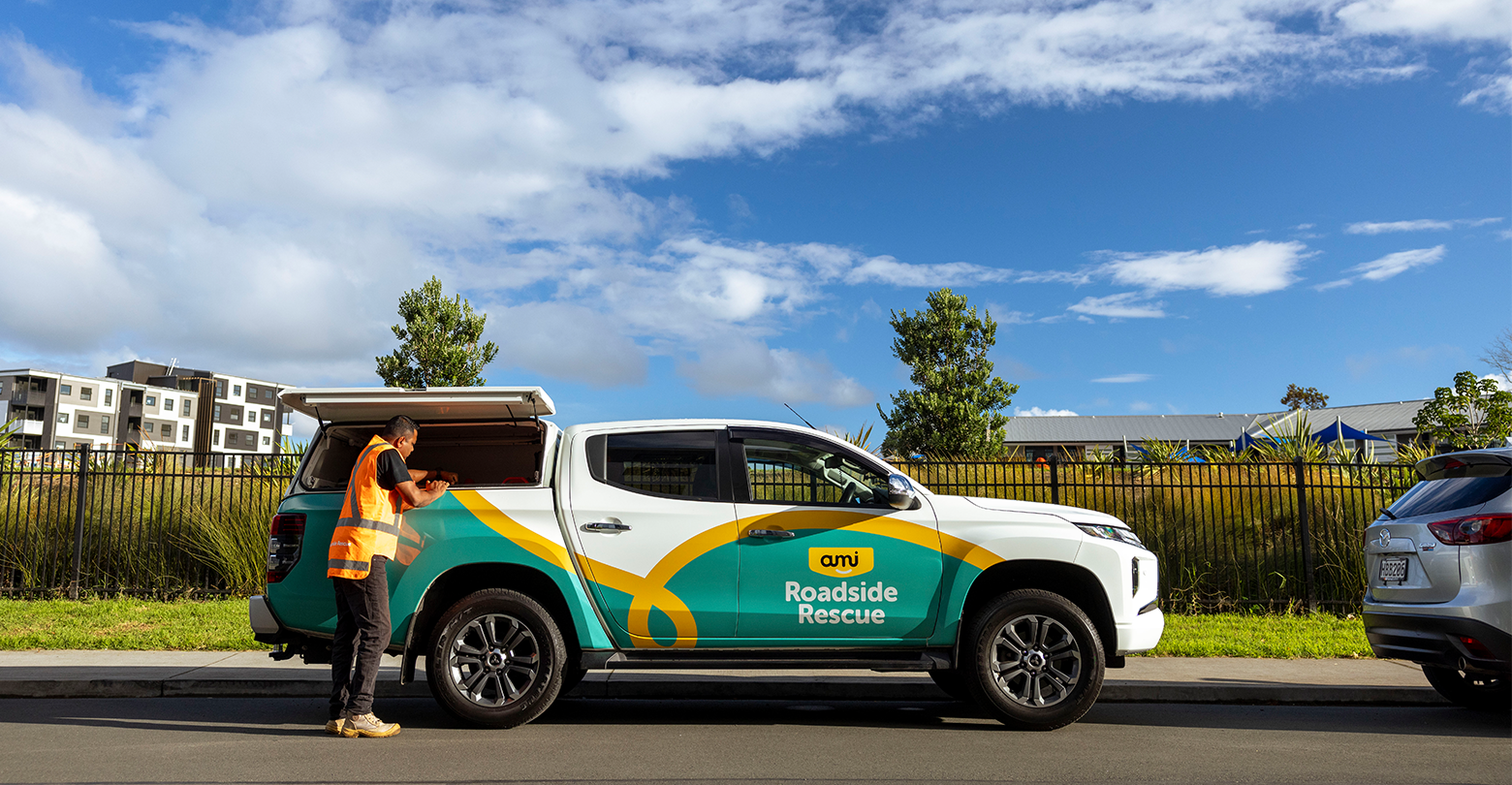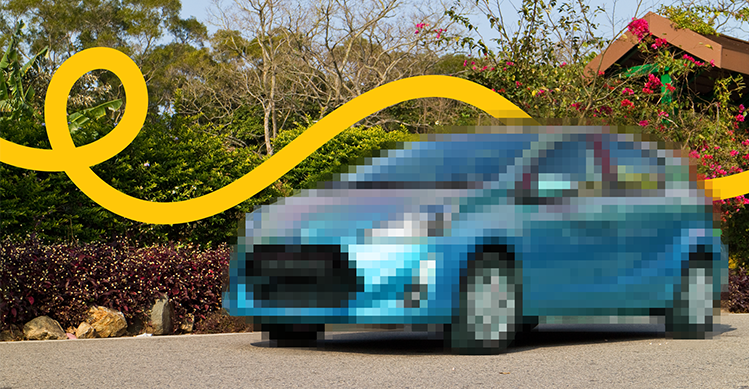With petrol prices increasing, making the move to electric is proving to be far more cost effective. But how much are you set to save and does it outweigh the upfront cost to buying an EV?
Gen Less, a website devoted to climate action and supported by the Energy Efficiency and Conservation Authority (EECA), asked a similar question. They completed a case study based on four common EVs in New Zealand and compared them to some petrol equivalents. At the time, the average petrol price was $2.63/L and they found the average cost per 100km for the petrol vehicles was $20.72. The EV equivalents cost an average of $2.79 per 100km, making a fuel saving of almost $18 per 100km travelled1. The average New Zealander travels around 11,500km per year, so that’s an annual saving of approximately $2,000. Before buying, remember to do your own calculations based on the actual amount you travel per year.
Plus, many find maintenance costs associated with electric vehicles to be much lower. This is due to the difference in moving parts within an EV versus an internal combustion engine (ICE), aka petrol or diesel car. An ICE car has over 2000 moving parts to keep oiled and serviced, where EVs only have around 20 and don’t have oil2. This means no more oil changes and less frequent servicing requirements.
The impact climate change has on the planet is becoming increasingly obvious. Whether it’s bush fires in California and Australia or more regular storms and floods in New Zealand, we’re starting to feel the effects. So, in an attempt to keep warming to below 2 degrees, we need to reduce our carbon emissions.
Electric vehicles on New Zealand roads emit 80% less carbon than petrol and diesel cars. And, in terms with the total life span, they have 60% fewer emissions than their oil-run equivalents. That’s even when accounting for raw material extraction, battery and vehicle manufacture, and shipping3.
With transport making up 37% of the average Kiwi household’s carbon footprint1, driving electric is one of the best things you can do for reducing your impact on the planet.
Electric vehicles are more or less efficient based on the temperature outside – they don’t do as well in extreme temperatures. So, New Zealand’s temperate climate makes for the perfect place to drive EV.
Our public charging infrastructure is fast growing, and we now have well over 500 stations from the top of the North Island to the bottom of the South. You can see our extensive network at plugshare.com, it’s sure to reduce any range anxiety you might have.
Plus, 80% of the energy in our electricity grid comes from renewable sources4, which is why there are so few emissions associated with EV here. And, if you’re worried about turning us away from renewable with the increase in electricity demand, you’ll be happy to hear that the EECA are increasing our renewable infrastructure to compensate.
According to those who’ve already taken the plunge, once you go EV, it’s difficult to go back. This is because they are smooth, fast off the mark, and the reduced engine noise is reportedly very calming. The weight and distribution of the batteries make for excellent handling, and they’re less likely to roll.
Once made the move to an electric vehicle, compare the different insurance options to cover your car. You can get a quote and buy online or alternatively call us on 0800 100 200.
This article is intended to provide general information only, and should not be substituted for any legal, financial, or other professional advice. The information in this article is generally sourced from third-party websites and IAG New Zealand Limited does not guarantee or accept any liability for the accuracy of that information. Any references to third party websites in this article are not intended to constitute a recommendation or any endorsement by IAG New Zealand Limited.


